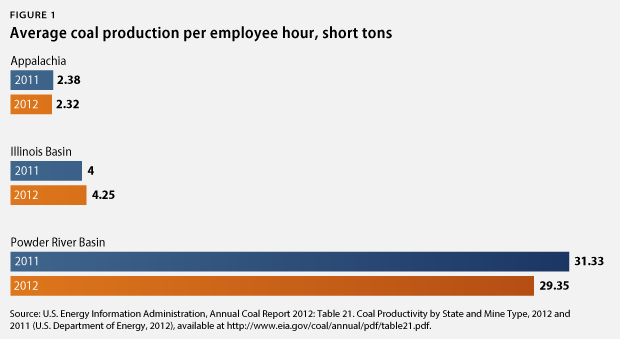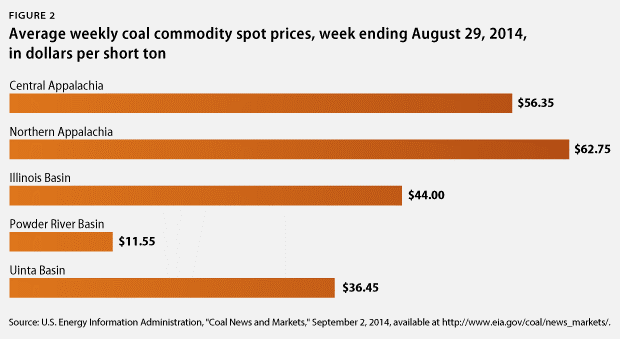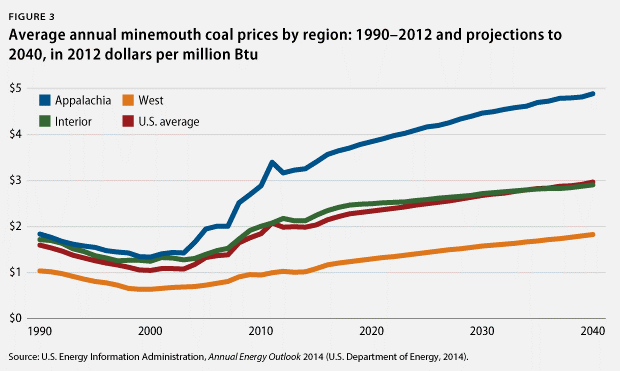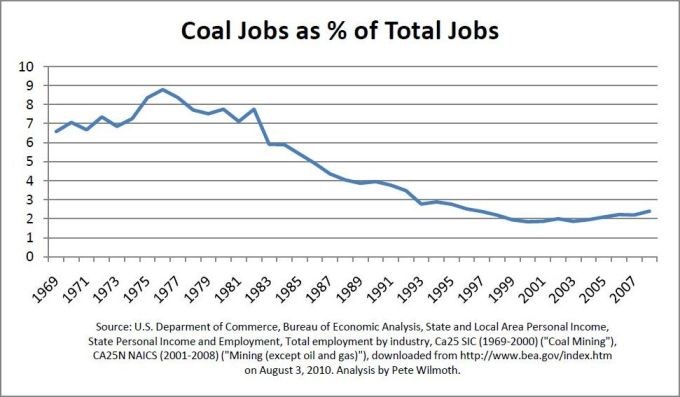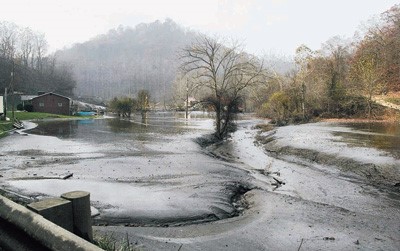Coal mining and processing has occurred for more than a century in the Mountain State, but I personally think the coal industry should be slowly removed from West Virginia. It’s bad for the environment, dangerous for people, and it is failing economically.
Coal processing and extraction is terrible for the environment. The chemical byproduct of washing coal, which is called slurry, contains many toxic chemicals including lead and sulfuric acid. This highly dangerous waste is dumped into the valleys behind impoundments and has the potential to completely destroy the surrounding ecosystems in the event of a leakage. An example of this disaster was the Martin County slurry spill in 2001 (See Fig. 5). Mountain Top Removal, an aggressive type of surface mining, flattens mountains and destroys topsoil, making it impossible for anything to grow on the former mountains.
Coal mining is extremely dangerous. Miners can easily get a disease known as black lung (also known as CWP) which is caused by inhaling of coal dust. Black lung may cause shortness of breath and can eventually lead to failure of the right side of the heart (cor pulmonale). There is also the danger of explosion as methane builds up in a mine. A particularly large explosion in 2010, the Upper Big Branch Mine Explosion, killed 29 people.
The Appalachian coal industry is already failing economically. Coal is getting harder to reach as coal companies must dig deeper and must spend more time to find new coal (see Fig. 1). As a result, Appalachian coal costs are rising. In 2014, the average Appalachian coal cost was $59.55 per ton (average of Appalachian coal prices in Fig. 2) as opposed to the cheapest coal on the market, the Powder River Basin, which averaged a cost of $11.55 per ton. This means that Appalachian coal was five times the cost of Powder River Basin coal. Coal costs were also predicted to keep on rising (see Fig.3), which means it no longer makes sense to buy Appalachian coal.
One may argue that the removal of the coal industry will eliminate most jobs in West Virginia, but coal companies are offering less jobs (see Fig. 4) than they have in past years. I also do not advocate removing the coal industry all at once. Instead, I propose a 10-20 year plan to slowly restrict the ability to mine coal legally. This way, miners get a chance to start building towards other careers and the coal companies and the state have time to get their finances in order.
Coal mining is a popular job in West Virginia, but it is not good for the environment, the people, and is economically unstable. I believe that if it is not stopped, West Virginia will continue to lose money and lives. In order to move forward, we must get rid of coal in West Virginia.
